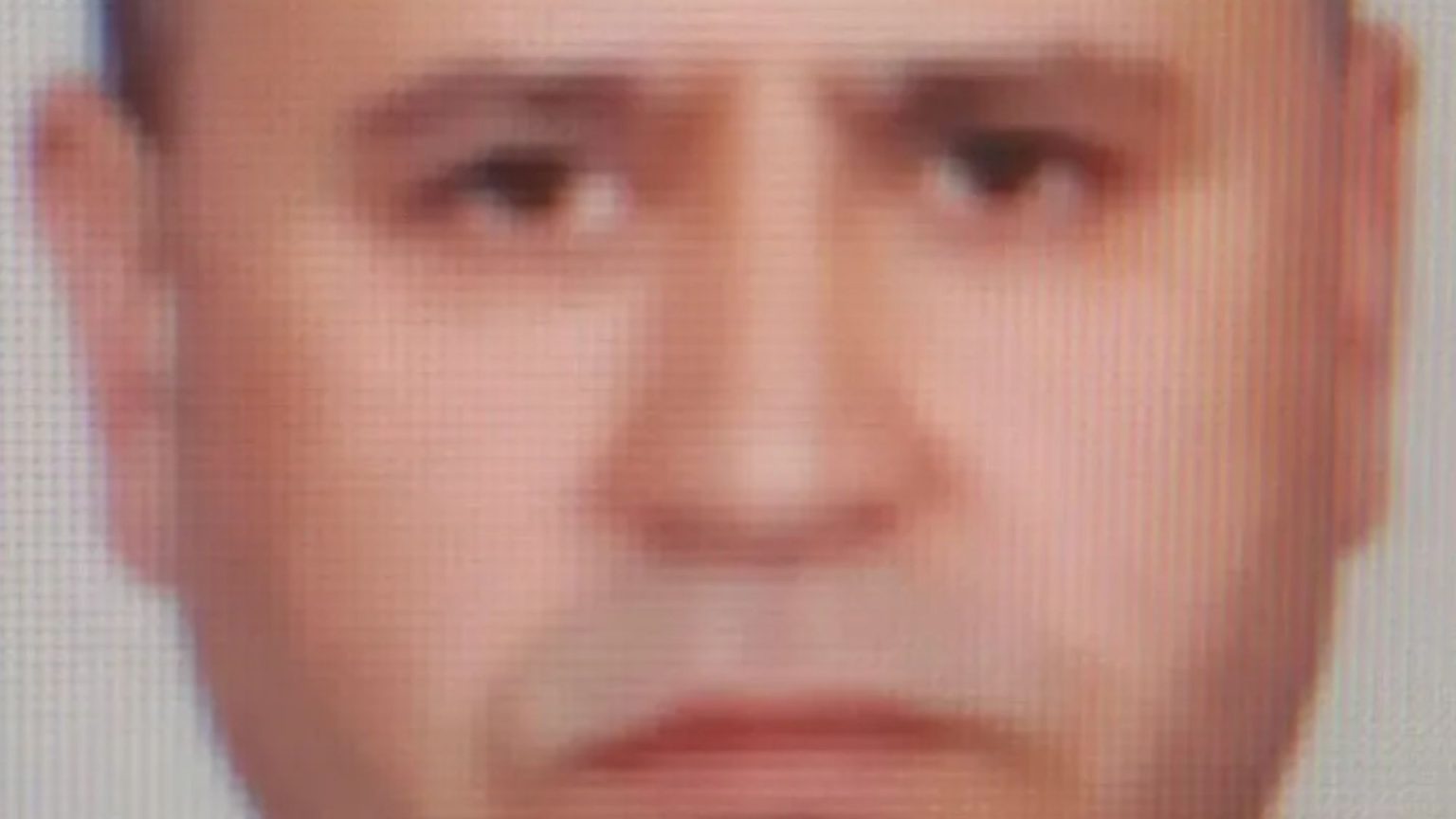Adriatik Hysenlika, a 43-year-old Albanian national residing in the UK, is currently fighting extradition to Belgium, where he has been sentenced in absentia to a ten-year prison term for 60 immigration offences. Hysenlika, who acquired a British passport in 2007 after claiming asylum in 1998, is alleged to be the mastermind behind a lucrative people-smuggling operation. Belgian authorities accuse him of leading a vast criminal network responsible for trafficking migrants from Albania and Greece into the UK via Belgium, France, and the Netherlands. The operation reportedly generated over £1 million in profits, with each migrant paying upwards of £23,000 for passage. Currently held in Wandsworth prison in London, Hysenlika is contesting his extradition on several grounds, including concerns about the conditions in Belgian prisons and the potential disruption to his relationship with his two-year-old son, who was born in the UK. His legal team argues that extradition would breach his human rights due to overcrowding in Belgian jails and separate him from his child. The UK authorities have also initiated proceedings to revoke his British citizenship.
Hysenlika’s case highlights the complex interplay of immigration law, human rights, and international criminal justice. His initial claim of persecution in Albania, which led to his asylum grant and subsequent naturalization, now faces scrutiny in light of the serious allegations against him. The Belgian authorities’ request for extradition brings into focus the mechanisms of international cooperation in tackling transnational crime, while his arguments against deportation raise questions about the balance between individual rights and the enforcement of criminal justice. The involvement of a child further complicates the situation, adding a layer of emotional and legal considerations to the already intricate case.
The backdrop to Hysenlika’s case is the broader issue of Albanian migration to the UK and the challenges it presents. Statistics reveal a disproportionately high arrest rate among Albanians in the UK compared to other nationalities, including British citizens. This has fueled public debate and political discourse around immigration control and border security. The fact that Albanians constitute a significant percentage of foreign offenders deported from the UK further underscores the complexities and sensitivities surrounding this issue. Hysenlika’s alleged activities as a people-smuggling kingpin feed into broader concerns about organized crime and its potential exploitation of vulnerable individuals seeking a better life in another country.
The legal arguments put forth by Hysenlika’s defense team touch upon fundamental principles of human rights law. The claim that overcrowded prison conditions in Belgium would violate his human rights reflects international standards regarding the treatment of prisoners. The European Court of Human Rights has established precedents regarding the prohibition of inhuman or degrading treatment, which could be invoked in cases of severe prison overcrowding. Similarly, the argument concerning access to his child raises questions about the right to family life, a principle enshrined in human rights conventions. However, these rights must be balanced against the legitimate interests of states in upholding the rule of law and ensuring accountability for criminal offences.
Hysenlika’s case is significant not only for its individual circumstances but also for its broader implications for the UK’s relationship with Albania and the EU. The UK’s recent withdrawal from the European Union has introduced new complexities into extradition procedures and cross-border law enforcement cooperation. The case also highlights the ongoing challenges faced by both countries in managing migration flows and tackling organized crime. Furthermore, the case could potentially influence future legal precedents regarding extradition, human rights, and the revocation of citizenship.
The outcome of Hysenlika’s extradition battle remains uncertain, pending the legal proceedings. The court will need to carefully weigh the evidence presented by both sides, considering the gravity of the charges against him, the arguments regarding his human rights, and the best interests of his child. The case promises to be a closely watched legal battle with potentially significant repercussions for individuals caught in similar circumstances and for the broader landscape of international criminal justice and immigration law. The final decision will set a precedent for future cases involving similar issues, influencing how courts balance individual rights against the need to enforce criminal justice and manage international migration.











